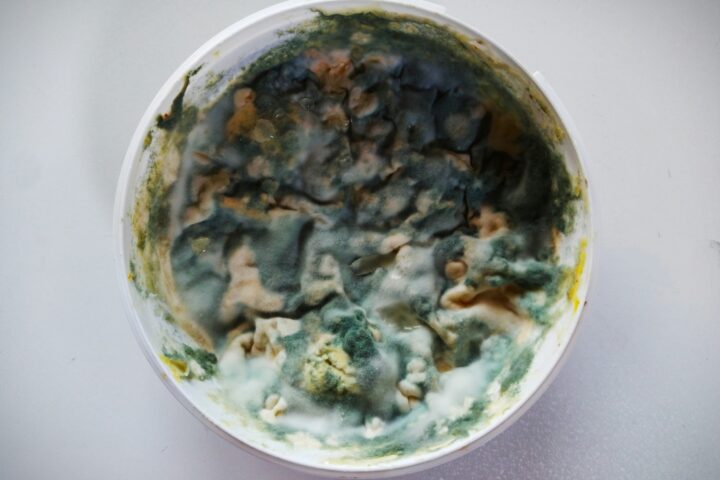
«Pesticides are becoming increasingly toxic»
This is the opposite of the truth. Over the last few decades, pesticides have become safer and safer. New active ingredients are subjected to extremely stringent approval processes. The governing principle is that they must not harm people or the environment if used properly. Developments reflect this: the data available demonstrates that, over the last twenty years, pesticides have become not only safer but also more environmentally friendly.
Wednesday, March 31, 2021
The key points in brief
- Fewer and fewer pesticides with potential associated risks are being approved and sold.
- The acute toxicity of pesticides has diminished. At the same time, the quantities of active ingredients required to produce the same level of protection are also down.
- The statement that pesticides are becoming increasingly toxic does not reflect the facts.
Opponents of pesticides are happy to give the impression that «pesticides are becoming increasingly toxic». But this is misleading. A range of data proves that enormous progress has been made since the 1960s. The quantities of active ingredients used per hectare has decreased by 90 percent since 1962. Back then, a farmer would have had to apply 10 kilograms of an active ingredient per hectare, while now this is reduced to less than 1 kilogram.
Increasingly safe products
At the same time, newly developed active ingredients have become increasingly safe. This is reflected in statistics from the World Health Organisation (WHO). They split pesticides into four safety categories: Class 1: Extremely hazardous; Class 2: Moderately hazardous; Class 3, Slightly hazardous, Class U: Not hazardous. As of 2000, Class 1 agents can no longer be approved. Half of all new pesticides approved are Class U. Acute toxicity has decreased by 40 percent since the 1960s.
Blindspot article
The risks are falling
This development is also reflected in the Department for Agriculture’s pesticide sales statistics. These show that the sale of high-risk pesticides for conventional agriculture has fallen 35 percent over the last ten years. The proportion of high-risk pesticides among the total amount sold is eleven percent. At 34 percent, the most widespread ingredient by some margin is copper, which is also used in organic farming. The risks of using pesticides in conventional farming have been dropping steadily for years. The trend is moving in the right direction.
Kindly note:
We, a non-native editorial team value clear and faultless communication. At times we have to prioritize speed over perfection, utilizing tools, that are still learning.
We are deepL sorry for any observed stylistic or spelling errors.
Related articles

Genetic Engineering in Everyday Swiss Life – “There’s a Gene in Everything!”
The genetic engineering moratorium in place since 2005 gives the impression that Switzerland is largely free of genetic engineering. However, a closer look shows that genetic engineering has long since become part of our everyday lives – we just usually don’t notice it.

Global facts on world food and agriculture
Only thanks to technological progress and modern crop protection will we be able in the future to conserve our resources while feeding a growing population in a healthy and affordable way.

Pesticides in Green Smoothies
After countless recipes for Christmas cookies, festive roasts and cocktails, the advice on losing weight, detoxing and beautifying oneself now takes centre stage. Most of it is sheer nonsense.

Natural Toxins: An Underestimated Risk in Our Food
Safe food cannot be taken for granted. While chemical substances are often the focus of public criticism, reality shows that the greatest risks to food safety are of natural origin. Recent recalls of infant food products illustrate how insidious bacterial toxins or moulds can be.

